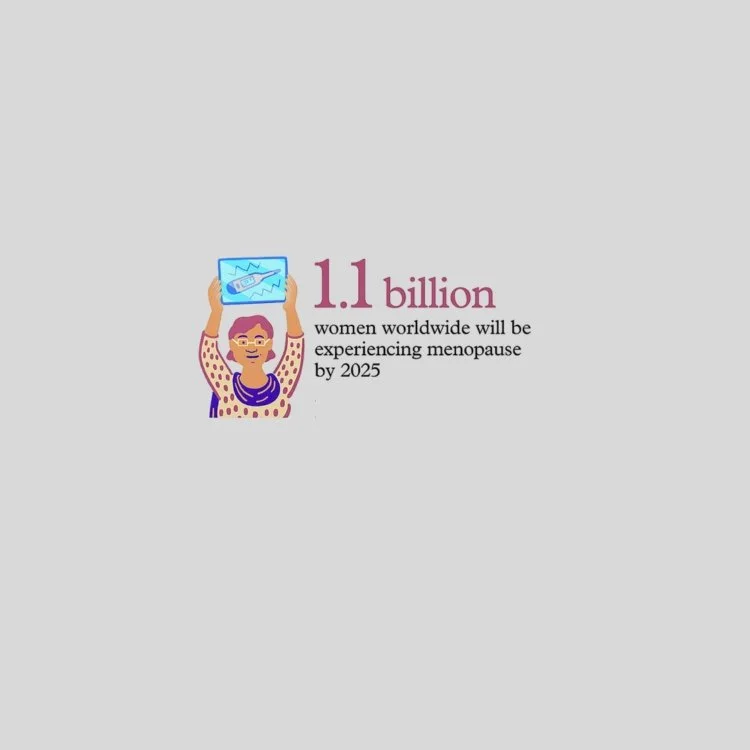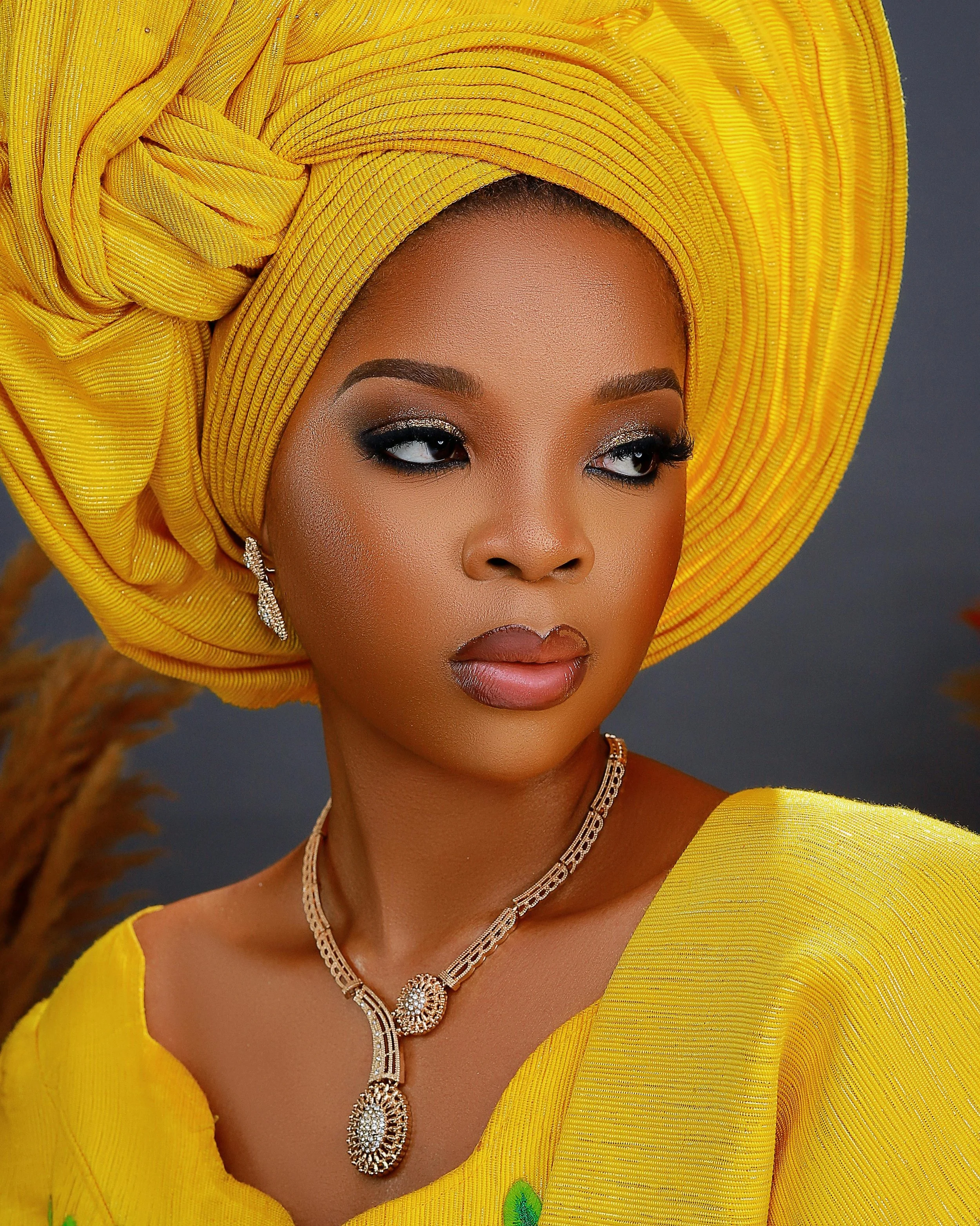Menopause Unveiled: Facts, Figures & Empowering Insights. What I Learned After The Season.
A Special Request That I Couldn’t Resist Honoring.
Understanding Menopause (in short).
[This post is for informational purposes only and does not provide medical advice. As a life coach, I am sharing insights and support based on experience—not as a medical professional. Please consult a healthcare provider for diagnosis or treatment of any medical concerns.]
“Menopause is not the end—it’s a powerful transition in a woman’s life.”
Menopause. Just the word can stir up emotions—some of relief, others of dread. But here’s the truth: menopause is not the end. It’s a transition. It’s a new chapter that every woman deserves to walk into with knowledge, grace, and empowerment. Not the end of youth, femininity or value like so many negative stigmas want women to believe.
I like to think of menopause as a sunrise. It marks the end of night, yes—but it’s also the start of something filled with light. Too often, the conversation is hushed or wrapped in some sort of cultural mystery. I learned from my own experience that the lack of open and honest conversations about menopause can lead to feelings of shame, and embarrassment. I’ve heard some women say they felt socially-invisible because of this season. Today, I hope to offer a few facts to lay on the table, to clear up misconceptions, and shine some light on what this season truly is.
So, What Is Menopause?
Here’s my non-clinical-jargon definition of what Menopause is. Menopause is the point when a woman has gone 12 consecutive months without a period. That’s the official marker that signals the end of reproductive years. On average, it happens around age 51, though it can happen earlier or later.
But before menopause fully sets in, there’s something called perimenopause—these are the years leading up to it, when your cycles become irregular and symptoms start to show. For most women, this begins in their 40s. For others, it’s earlier or later.
Simply put, it’s the body adjusting to a natural decline in the hormones estrogen and progesterone. And while the biology sounds clinical, the reality is deeply personal.
What Are The Numbers: How Many Women Are Impacted?
Let’s take a brief pause here for perspective:
As of 2025, an estimated 1.1 billion women worldwide are either menopausal or postmenopausal. Taken from the International Menopause Directory. So for my numbers women out there, yes, that is over 13% of the entire Worlds Population!
In the U.S. alone, about 1.3 million women enter menopause every year.
Women over 50 now make up more than a quarter of the female population globally.
Why do these numbers matter? Let me tell you why they mattered to me. Although the numbers were different during my season, this reminded me, as I am reminding you, that if you are experiencing menopause, YOU ARE NOT ALONE. Far from it.
Symptoms & Their Duration
Hot flashes often steal the spotlight,
but menopause is much more complex. Symptoms can last anywhere from 1–6 years, and for some women, even longer—some as much as up to 15 years.
The most common symptoms include:
Hot flashes and night sweats
Sleep problems
Mood swings
Memory lapses (“menopause brain”)
Joint pain (yes, up to 50% of women report this)
Changes in sexual health
And here’s one I leaned that people rarely talk about: menopause can even change breast size, weaken our pelvic floor, and increase urinary tract infections.
A quick story for you: I once spoke with a woman who swore she was losing her mind when she kept forgetting where she placed her keys or blanked on familiar names. It wasn’t dementia. It wasn’t stress alone. It was menopause. Once she understood that, the fear lifted—and she could meet her symptoms with compassion instead of panic.
Did You Know?
The Workplace &
Social Impact
Menopause isn’t just personal—it’s societal.
In the UK, menopause accounts for 14 million lost working days each year, with nearly 900,000 women leaving jobs because of unmanaged symptoms.
In the U.S., studies suggest it costs around $1.8 billion in lost productivity annually.
On the personal side, a UK survey in 2025 found 73% of women linked their menopause journey to struggles in their marriage, sometimes even divorce.
This isn’t a “woman’s issue.” It’s a human issue that touches families, businesses, and communities.
Let Me Point Out A Few Myths vs. The Reality
Myth: Menopause is just about hot flashes.
Reality: Hot flashes are common, but symptoms vary widely—from bone health changes to emotional wellbeing.Myth: Menopause always starts at 50.
Reality: The average age is 51, but it can begin earlier (ages 40–45), much earlier (before 40 is called premature menopause), or even later. (Sad and true fact: In the UK, 2018, an 11 year old named Amanda is the youngest case of premature menopause on record.)Myth: Nothing can be done to help.
Reality: From hormone therapy advances such as the most recent FDA-approved drug Duavee, changes in HRT formulations, to lifestyle changes, women have options. As one Mayo Clinic physician put it:“Women don’t have to suffer.”
Managing Menopause: What Helps?
Here’s where things get hopeful.
As Stated Above, Hormone Therapy (HT) is still considered the most effective treatment for hot flashes, night sweats, and vaginal dryness. Unfortunately, fewer than 5% of eligible women use it today, often because of outdated fears.
Lifestyle approaches—such as balanced nutrition, strength training, sleep routines, and stress management—play a huge role.
Some doctors are now recommending not just exercise, but specific types—like strength training for bone health and moderate cardio over endless high-intensity workouts.
One woman shared how joining a gentle yoga class gave her relief from insomnia. Another found that cutting back on caffeine made her hot flashes less intense. Small steps add up.
A Few Voices of Expertise & Inspiration
“There is no greater power in the world than the zest of a postmenopausal woman.”
— Margaret Mead
“Women don’t have to suffer.”
— Dr. Stephanie S. Faubion, Mayo Clinic
Across the world, new communities like the Menopause Café are springing up—safe spaces where women gather over coffee and conversation to break stigma and share stories.
And as TV journalist Tamsen Fadal said in her book How to Menopause:
“It’s a blueprint to not only survive … but thrive.
Moving Forward
Here’s what I want you to take away: menopause is not a decline. It’s a transition into a new chapter—one where knowledge and self-care can make all the difference.
If you’re in the middle of it right now, please know: you’re not broken. You’re not alone. You’re stepping into a season that billions of women share with you. Seek professional guidance, find your support circle, and give yourself permission to live fully.
Menopause is not just an ending. It’s an awakening.





